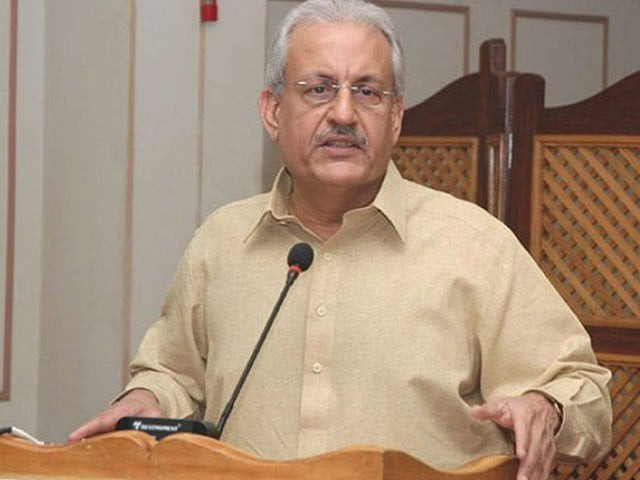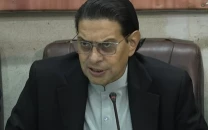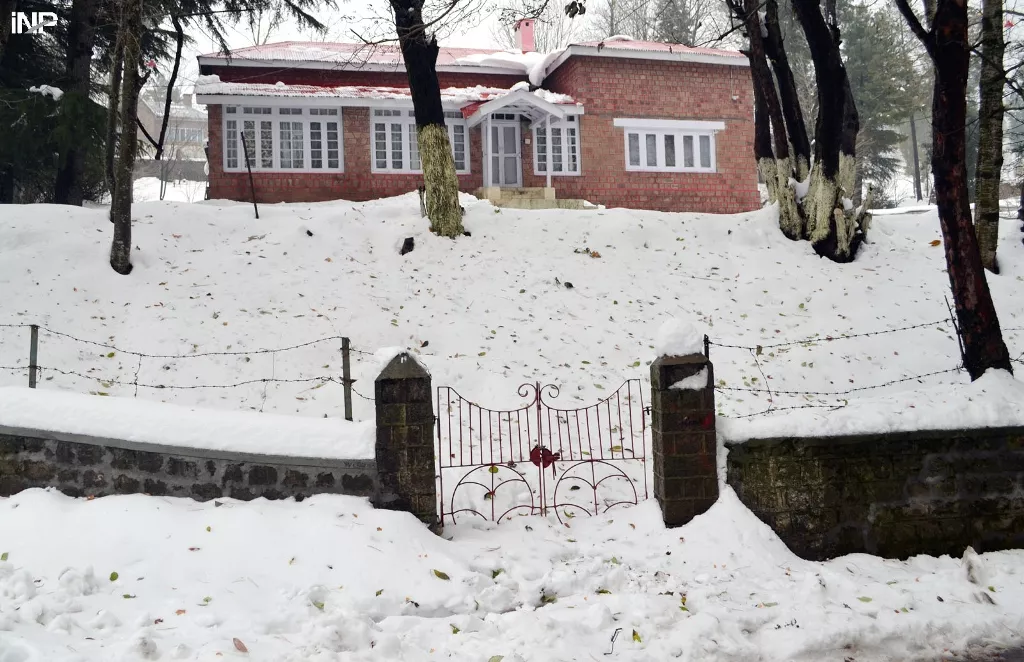Inconclusive debate will be futile: Rabbani
Warns distorting the teachings of the Quaid-i-Azam will be disastrous

Senate Chairman Raza Rabbani. PHOTO: File
As discussion on trichotomy of power entered a second day, Raza Rabbani said that parliament should suggest a way forward to ensure all institutions worked within their domains prescribed in the Constitution.
“We must arrive at conclusion. Parliament must suggest a way forward otherwise this whole exercise will be futile,” he said, adding that the Senate would make some solid suggestions in this regard.
Commenting on the formation of the Senate’s ethics committee, he said the upper house of parliament had taken the first step towards self-accountability.
The Senate chairman also directed the interior ministry to submit a progress report on implementation of the Cyber Crimes Act on Wednesday.
This was in response to a PPP senator, who said that Senate had not yet receive any such report and the interior ministry should submit one after every six months.
Rabbani also warned against distorting ideas enunciated by Quaid-i-Azam Muhammad Ali Jinnah in various speeches.
“The Quaid’s original words were ‘Unity, Faith and Discipline’, but a segment of society is bent upon changing it to ‘Faith, Unity and Discipline’. This is being displayed on billboard on the capital’s main highway,” he said. Such distortions would have disastrous consequences, he said.
In his speech, Senator Pervaiz Rashid focussed on intolerance in educational institutions, and said certain elements had already distorted the teachings of the Qauid-i-Azam in a bid to impose their own philosophy.
“If we had wanted (at that time) to establish Pakistan as a welfare state, we should have accordingly devised our curriculum. We then had different motives. We wanted to create a warrior state and we did,” Rasheed said.
He said that even words of the Quaid-i-Azam were changed.
Trichotomy of power: Senators lament ceding of powers by parliament
Accusing the same elements of “censoring and suppressing” the Quaid’s words, Rashid said that they were also differently interpreting Jinnah’s sayings. He said the best contextual translation of ‘faith’ is ‘firmness of belief’ while these elements routinely take it to be ‘Imaan or belief’.
“This is very dangerous,” he said.
PPP’s Farhatullah Babar said extremism could only be defeated by creating an intellectual infrastructure and allowing adequate space for freedom of expression and tolerance for dissent.
He said distortion of history had undermined the intellectual infrastructure.
Citing an example, he said a military dictator had quietly deleted the word ‘freely’ from the Objectives Resolution in the Constitution with respect to minorities’ right to profess their religion.
Even the Quaid’s diaries were forged to make people believe that he wanted to set up a presidential form of government and not a parliamentary system, he claimed.
History books, he said, taught children that the history of Sindh began with the arrival of Muhammad bin Qasim, and Sultan Mahmood of Ghazna was eulogised as a religious zealot who sought to destroy just one Hindu temple.
The senator said that unsurprisingly, such falsehoods even shaped the mindset of educated people who were involved in attacks like the one on Mashal Khan and Safoora Goth bus passengers.
“When armed conflicts are glorified in the name of religion, the result is violence in the name of religion,” he said.
Babar stressed the need for promoting freedom of expression and creating an alternative narrative to counter militants and extremists.
Transgression by any institute will derail democracy, says Rabbani
He said that the Pakistan Electronic Crimes Act had been used to punish bloggers and political activists dissenting with the state narrative, but had not been used to stop hate speech and sectarian violence.
He said that FIA’s bi-annual report on the implementation of the law should be placed before parliament. He reminded that the interior minister had promised over a month ago to present it before the House.
Earlier taking part in debate on distribution of power among state institutions, PML-F Senator Muzaffar Hussain Shah regretted that parliament failed to exercise its powers. “Therefore, parliamentarians cannot blame other institutions for weakening the legislature,” he added.
The House, meanwhile, passed the Marine Insurance Bill, 2017.



















COMMENTS
Comments are moderated and generally will be posted if they are on-topic and not abusive.
For more information, please see our Comments FAQ